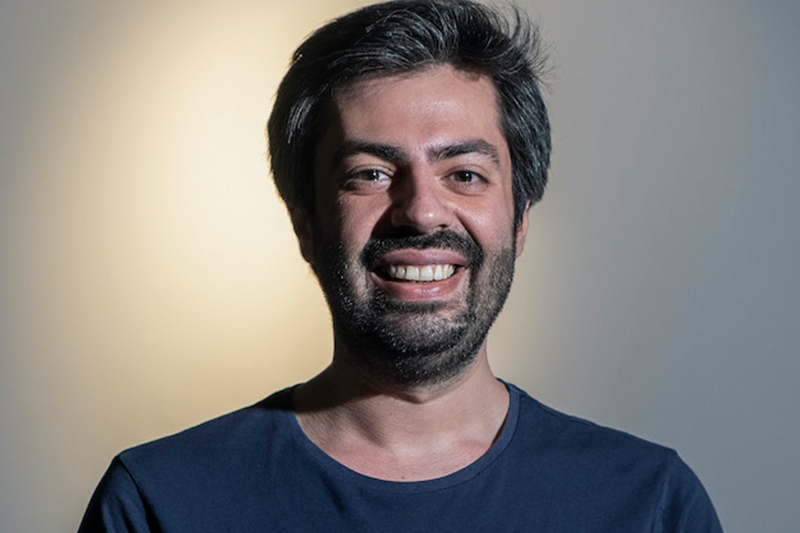Social entrepreneur´s profile:
Mass Media Against Coronavirus Crisis Fake News
Mehmet Atakan Foçais helping stem the tide of fake news and disinformation that is flourishing during the Coronavirus crisis. Teyit has even have instituted a special segment to their mainstream TV channel that focuses on COVID-19 fake news debunking!

Social Entrepreneur: Mehmet Atakan Foça
Organization: teyit.org
Field: Delivering reliable and accessible information
Needs for social innovation to have more impact: Business development and planning; marketing and communication; digital
Before and after Corona: From fighting fake news to fighting a tsunami of fake news
The mission of the social enterprise before Corona:
Atakan and Teyit are using the rising wave of misinformation in the reporting and sharing of information in digital and social media channels as an opportunity to enhance digital literacy in Turkey. Teyit is creating demand for trustworthy news on the individual user level. They are forming a platform that is empowering citizens, key organizations, and players in social and digital media to become backbones of a burgeoning field composed of citizens and journalists from all segments of society.
What changed with Corona?
Fake news was a problem before the Coronavirus crisis; however, it has become an even bigger problem with massive consequences during this crisis, and probably long after. During a time when people are anxious and in urgent need of finding new information, they may be less likely to vet sources of information. For example, several people have died from believing that ingesting toxic substances would make them immune to the virus, as American President Trump publicly suggested.
The (biggest) challenge: Fake news spreads as quick as COVID-19
The sheer volume of fake or incorrect news floating around on the internet is a herculean challenge. There is no way any one organization can make it known to all that a piece of content is misrepresenting truth.
Media literacy is something that cannot seem to keep pace with technological advancement or be widely trained. The internet and how it affects us, is still a very new phenomenon, relatively speaking. Crises like this global pandemic are especially ripe opportunities for people to be taken advantage of.
A recent study has shown that during the pandemic, people are increasingly turning away from TV for their news and, instead, getting their news on social media. However, it is much easier for bad actors to post misinformation on social media compared to publishing it on an official news site.
The solution: Using media to fight fake news
Teyit has debunked more than 100 false claims on social media about COVID-19. In order to fight fake news, the organisation is sending a newsletter with reliable information three times per week. The newsletter includes recent updates, a disinformation diary, and survival kits that try to empower the community against misinformation and information noise around the pandemic.
Mehment and his team are also producing webinars and Spotify lists.
Perhaps what is most inspiring, is that Teyit has partnered with one of the biggest broadcasters in Turkey, called Habertürk, to air fact-checking and media literacy tips on TV.
A data analysis showed that Teyit has become 1 of 10 top news sources during Covid-19 among with Minister of Health and several other major news outlets. See more in this report (TR):

